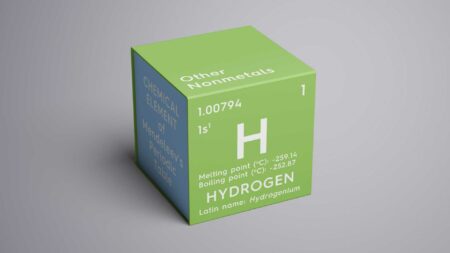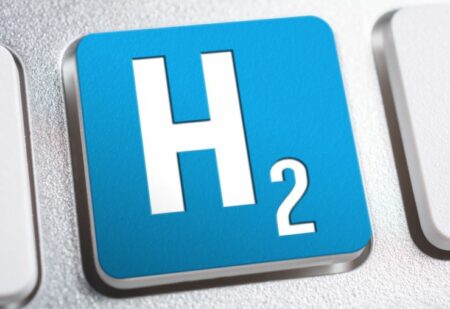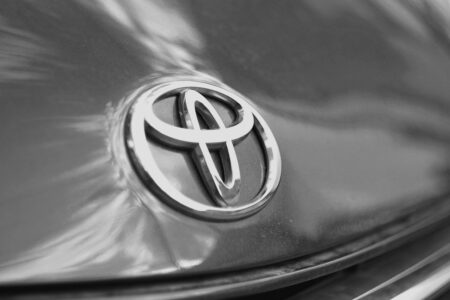In a landmark decision, the Brazilian Chamber of Deputies has approved a new green hydrogen project that will guarantee 18.3 billion reais in tax incentives.
Browsing: Report
ThyssenKrupp Nucera, a key player in the hydrogen energy sector, has issued a warning that the growth of this promising field might face delays. The company cited the persistence of several uncertainties as the primary cause for a potential slowdown.
As the industrial world braces for future demands, the need for sustainable solutions becomes ever more pressing. According to The Energy Transitions Commission, by 2050, an extra 24 million tons of ammonia will be required for chemical uses, and 44 million more tons for fertilizers.
French companies Lhyfe and Fives have announced a partnership aimed at revolutionizing the hydrogen industry.
Fortescue Metals Group (FMG) and its green hydrogen ambitions are under severe scrutiny as the company faces a fierce legal dispute with rival, Element Zero. This battle could significantly impact FMG’s future investment viability.
The sewage treatment plant in Schönerlinde, Berlin, is being used for a groundbreaking experiment: turning wastewater into hydrogen.
The Clean Hydrogen Task Force in Louisiana convened its first meeting on July 31, discussing the state’s potential to become a leader in hydrogen production and technology.
A collaborative effort between Australian and Japanese scientists has led to the development of a new catalyst, NiOOH-Ni, that promises to enhance the efficiency of ammonia conversion.
Germany’s latest draft strategy for green hydrogen imports, as reported by Clean Energy Wire, outlines an ambitious plan to diversify its supply sources and ensure long-term sustainability.
As the world’s eyes are fixed on the 2024 Paris Olympics, Toyota has seized the opportunity to promote hydrogen as a key component of its vision for a zero-emission future.











